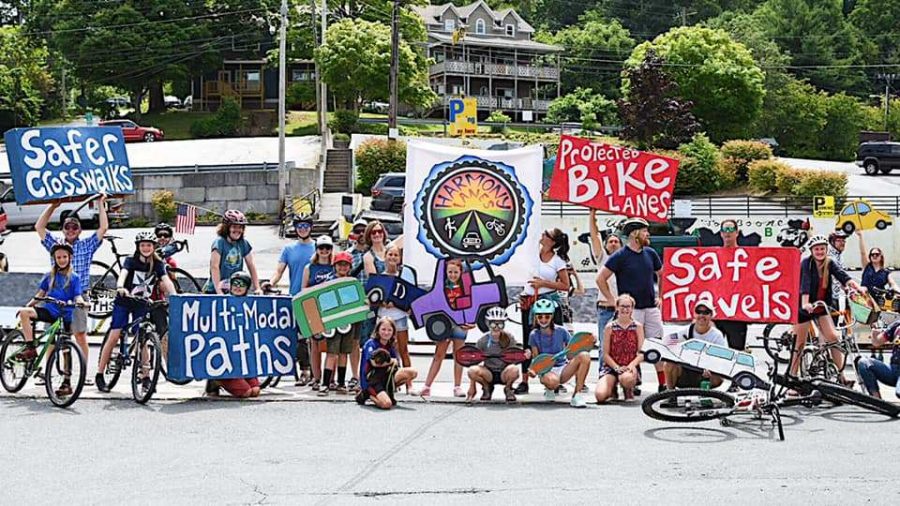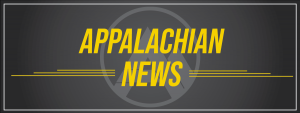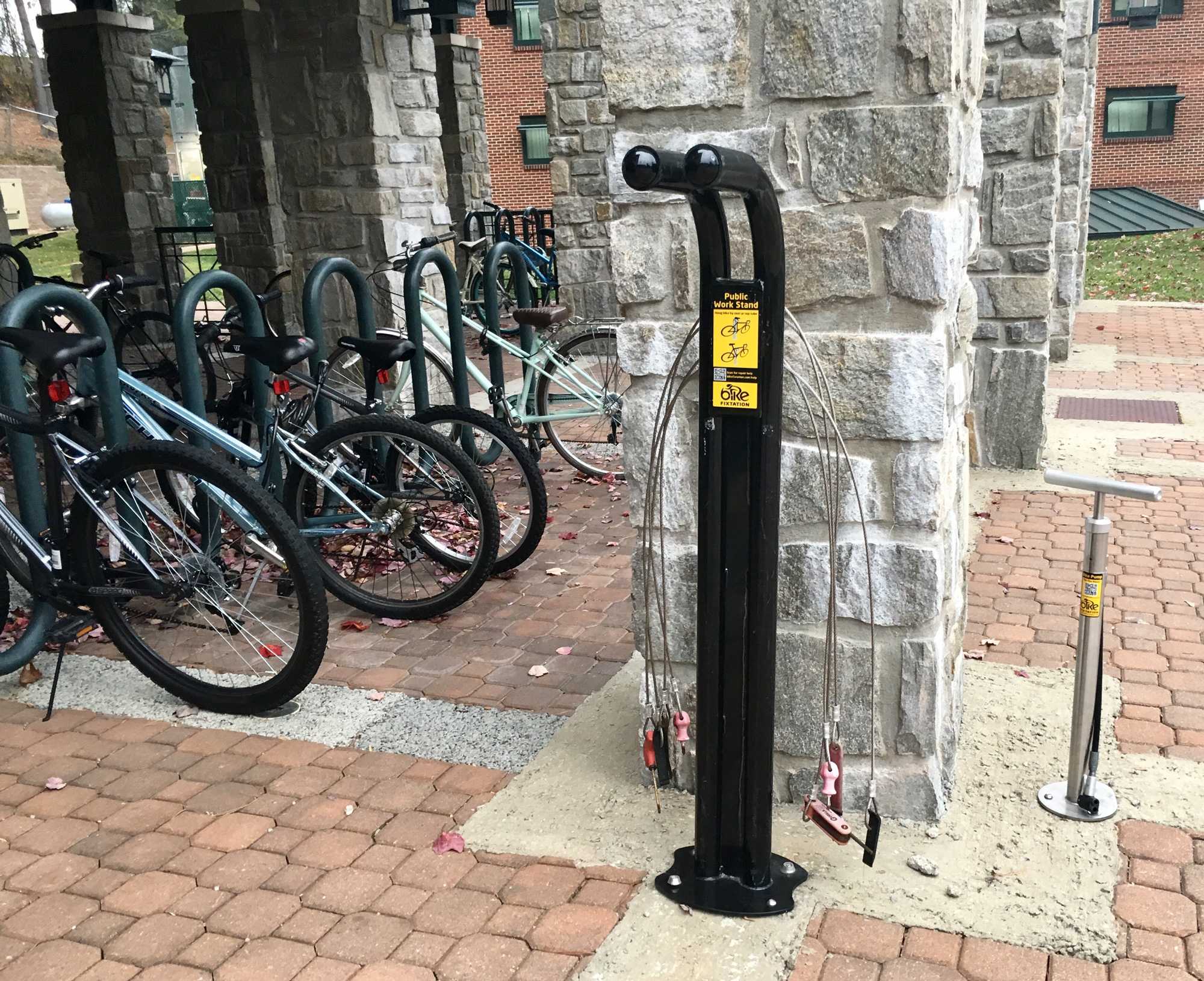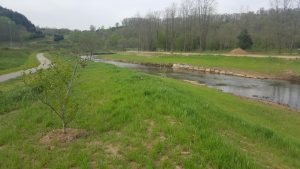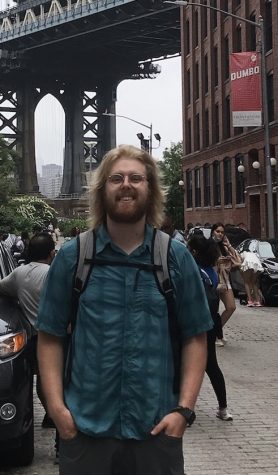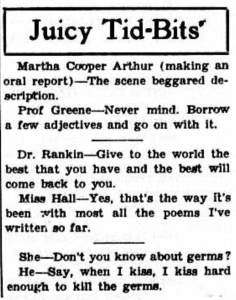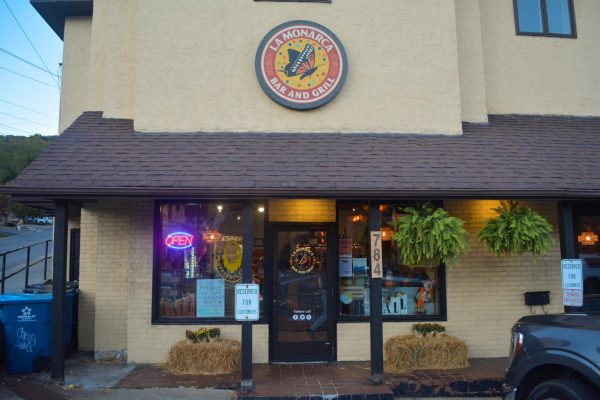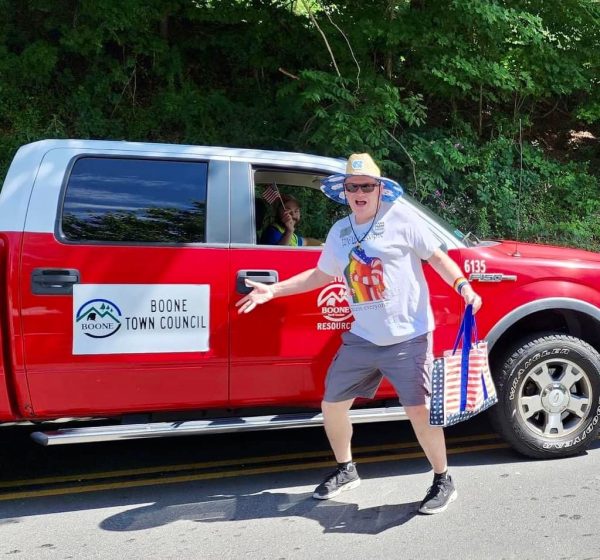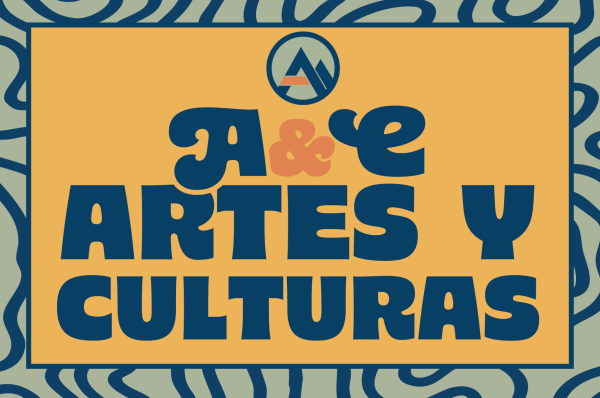Nonprofit Harmony Lanes brings inclusive transportation to High Country
Harmony Lanes, a local nonprofit that advocates for safe, inclusive, multi-modal transportation opportunities, is bringing a multimodal path to Boone.
April 3, 2021
A local nonprofit is looking to establish multi-modal paths around Boone, allowing residents to get around town without a vehicle.
Harmony Lanes was established in 2019 to create safe, inclusive, multi-modal transportation opportunities according to its website. Its biggest project yet, the East Boone Connector, was approved by the North Carolina Department of Transportation in the fall of 2019 and should be finished in the next three years.
“We started up to advocate and push the town and the county and the university to think in terms of sustainability and quality of life for the people who live here, including students and locals, and try to make some smarter decisions in the infrastructure planning as we go forward,” Harmony Lanes founder Dave Freireich said.
The East Boone Connector, part of a $9 million project, will run along Bamboo Road from US 421 to the Wilson Ridge Road intersection. The path will be protected from the road with a curb and a 3-foot patch of grass.
Having no shoulder lane or sidewalk right now, Freireich said this 10-foot path will help people safely get to the Hospitality House, the Community Care Clinic and many businesses. But it will also help people driving cars, he said.
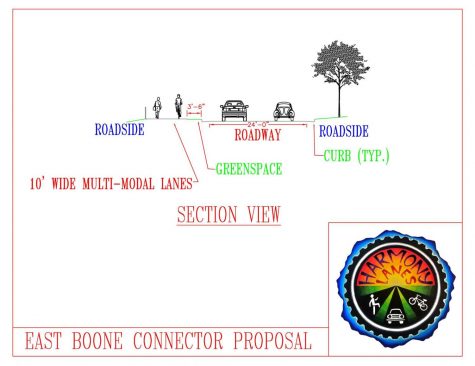
“If we’re getting cars off the road, because a lot of people will choose to use these systems, then we’re helping you too,” Freireich said.
Freireich spoke about other towns and cities that have implemented this infrastructure and the success they have had.
Asheville recently converted a three-lane road into a two-lane road with a center turn lane and bicycle lanes on each side. This transformation resulted in a decrease in traffic and an increase in bicycle ridership. Even with 20,000 vehicles a day on this one street, travel times went down.
Shaw Brown, owner of Boone Bike, said that as Boone has grown, getting around on a bike has become harder.
“There’s big voids,” Brown said. “Maybe there’s a safe two miles and then there’s an unsafe half mile. And then it’s safe again.”
Brown, who has lived in Boone for 30 years, sponsored Harmony Lanes in the past and said they are “bringing light a problem that has been here forever.”
The Town of Boone has worked on several similar projects in the past, former town council member Lynne Mason said, but there’s “still a little work to do.”
Mason, who stepped down from the council in 2019, said she was a fierce advocate for this type of work during her 19 years as town council member and is glad Harmony Lanes is implementing these new forms of transportation, emphasizing her appreciation for citizen groups.
“I loved community engagement when I was on council and different groups being champions for different issues,” Mason said. “They’ve done an absolutely amazing job in creating this awareness.”
The East Boone Connector also has environmental benefits, Freireich said.
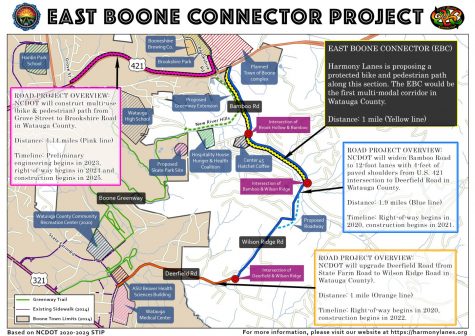
Freireich, a 1996 App State graduate, said enrollment at the university has increased from 12,000 to 20,000 since he graduated. With this increase in population, he said people need more environmentally conscious ways to travel.
“If we’re going to reverse the environmental impact of our fossil fueled economy, electric cars and public transportation are a great step forward,” Freireich said. “But we also need to make it easy and safe for people to get a mile or two to class, work, shopping without needing a car.”
Skye-Anne Tschoepe is the hub coordinator of Sunrise Boone, an environmental group working to end anthropogenic climate change. She and Freireich met at the ClimACT People’s Assembly in January, where their collaboration began.
Tschoepe said the creation of the East Boone Connector in itself will create jobs and then, after construction, benefit the environment because less cars on the road will lead to less greenhouse gas emission.
“And also the human health benefits, I mean if we bike or walk instead of driving our cars, the miles add up and we’re healthier,” Tschoepe said.
The East Boone Connector should be completed within three years, according to the Harmony Lanes website. The NCDOT will start land clearing this year and begin construction in 2022.
Harmony Lanes originally needed 30% of the funding from the Town of Boone and Watauga County, but the NCDOT is funding the entire project because it adheres to their “Complete Streets” policy. This NCDOT policy encourages infrastructure projects in North Carolina to incorporate multiple modes of transportation.
Eventually, Harmony Lanes hopes to create the Cross Boone connector, a multimodal path connecting the end Boone Greenway to App State’s campus.
A previous version of this article incorrectly stated The East Boone Connector project was $9 million. The mistake has been corrected.

